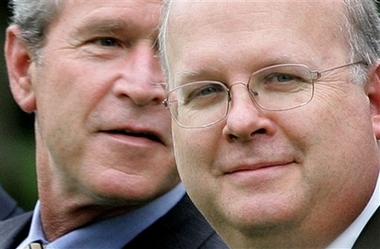
Here, the aliens in question — having arrived in a stalled ship under horrifying refugee conditions and been deemed “Prawns” by the disgusted human population — are festering in a slum outside Johannesburg, where they are mostly starving, causing trouble, indulging drug addictions (in their case, cat food), and/or getting exploited by the local (Nigerian) criminal element. Our protagonist in this tale — after you see him at work, you wouldn’t really call him “our hero” — is one Wikus van der Merwe (newcomer Sharlto Copley), a eager-to-please bureaucrat for Multi-National United (MNU), who on account of family connections is tasked with supervising the relocation of District 9 to what amounts to a tented concentration camp, farther away from humankind. (Wikus’ other appointed task: to acquire for the Halliburton-like MNU as much alien-tech as possible for the multinational’s very profitable weapons division.)
But there’s more to District 9 than just a socially-conscious apartheid fable (and describing it as follows will give away some mild spoilers.) The head of the film, its first forty minutes or so, feels like a Paul Greengrass movie such as Bloody Sunday: a grim, gripping tale of social and political injustice (and, as per the Bournes, powerful and sinister multinationals) told in naturalistic, faux-documentary style. But the thorax of District 9 delves deeper into old-school David Cronenberg territory, with all the gooey orifices, transformational anxiety, and throbbing gristle that usually portends. (There’s a touch of Blomkamp’s mentor, the Dead Alive-era Peter Jackson, here as well — particularly in those ruthless energy weapons.) And, by the time we get to the abdomen, we’re suddenly watching a George Miller or Jim Cameron-style actioner, with more than enough visceral excitement to keep the antennae twitching.
All stitched together, District 9 is quite a remarkable feat of summer sensation. In the end, I’m pretty sure I enjoyed the more self-contained experiences of Moon and The Hurt Locker more. And I might quibble here and there with Blomkamp’s execution — the lapses back to documentary-style talking heads at times feels like cheap and easy exposition, and cute kid plot-devices are cute kid plot-devices no matter the species involved. But, unlike Terminator: Salvation and (I presume) its Hasbro-minded competition this summer, Blomkamp’s District 9 actually manages to deftly recombine familiar sci-fi elements into something that feels new and original. In short, it’s the clever, gory, mildly thought-provoking, and indisputably kick-ass action thrill-ride genre fans have been waiting for all season.



